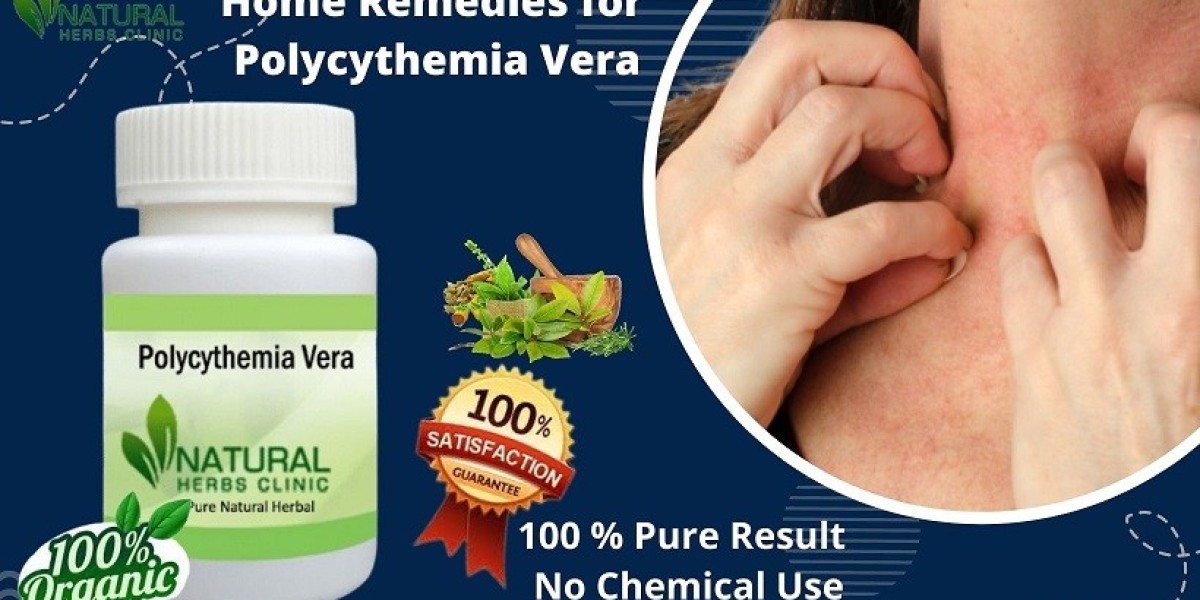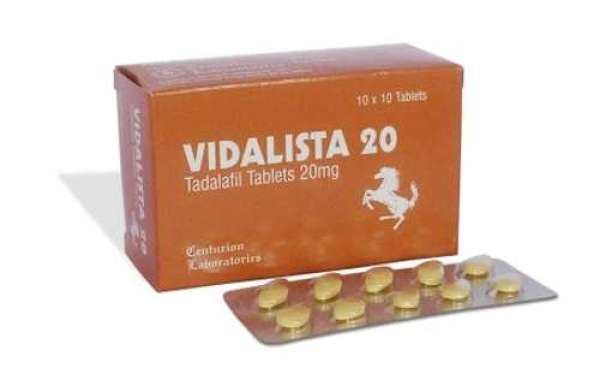Polycythemia vera (PV) is a rare blood disorder characterized by an abnormal increase in red blood cells. This condition can lead to serious complications like blood clots, stroke, and heart attack. Early diagnosis and treatment are crucial for managing PV effectively. Fortunately, several innovative treatments for polycythemia vera have emerged, offering new hope to patients. Here are the top five treatments you can’t ignore.
1. Targeted Therapy: JAK2 Inhibitors
One of the most groundbreaking treatments for polycythemia vera is the development of JAK2 inhibitors. Since the JAK2 V617F mutation is found in approximately 95% of PV patients, targeting this pathway has become a cornerstone of treatment. Ruxolitinib, a JAK2 inhibitor, has shown significant success in reducing hematocrit levels, spleen size, and PV-related symptoms. By specifically targeting the underlying cause of the disease, JAK2 inhibitors offer a more personalized and effective approach compared to traditional therapies.
2. Interferon Therapy
Interferon therapy, particularly with pegylated interferon-alpha, has gained attention as a long-term treatment option for polycythemia vera. Unlike older forms of interferon, pegylated interferon is better tolerated and has a more convenient dosing schedule. It works by modulating the immune system and suppressing the abnormal blood cell production characteristic of PV. Some studies have even suggested that interferon therapy may have the potential to induce molecular remission, making it one of the most promising Natural Remedies for Polycythemia Vera.
3. Phlebotomy: A Time-Tested Remedy with a Modern Twist
Phlebotomy remains a cornerstone treatment for polycythemia vera, especially in the early stages of the disease. This procedure involves removing blood from the body to reduce the number of red blood cells, thereby decreasing blood viscosity and reducing the risk of clotting. While phlebotomy is an age-old remedy for polycythemia vera, recent advances have refined the technique, improving its effectiveness and patient comfort. When combined with other treatments, phlebotomy can help maintain optimal hematocrit levels and manage symptoms more effectively.
4. Low-Dose Aspirin Therapy
Low-dose aspirin is another established treatment for polycythemia vera, primarily used to reduce the risk of blood clots. Aspirin's antiplatelet properties help prevent the aggregation of platelets, thereby reducing the likelihood of clot formation. While not a new treatment, recent research has reinforced the importance of aspirin in combination with other therapies. It's a simple yet effective remedy for polycythemia vera that plays a crucial role in preventing severe complications like heart attack and stroke.
5. Emerging Therapies: Novel Agents in Clinical Trials
The landscape of polycythemia vera treatment is continually evolving, with several new agents currently under investigation in clinical trials. These include drugs that target different pathways involved in blood cell production and inflammation. For example, telomerase inhibitors and histone deacetylase (HDAC) inhibitors are showing promise in early-stage trials. While these treatments are still experimental, they represent the future of personalized medicine in PV and offer hope for patients who may not respond well to existing therapies.
Conclusion
Polycythemia vera is a complex and potentially life-threatening condition, but with the advancements in treatment, patients have more options than ever before. From targeted JAK2 inhibitors to innovative uses of established therapies like phlebotomy and aspirin, these top five treatments for polycythemia vera represent the cutting edge of medical science. Staying informed about these developments is crucial for patients and healthcare providers alike, as these innovative remedies for polycythemia vera can significantly improve quality of life and long-term outcomes.










